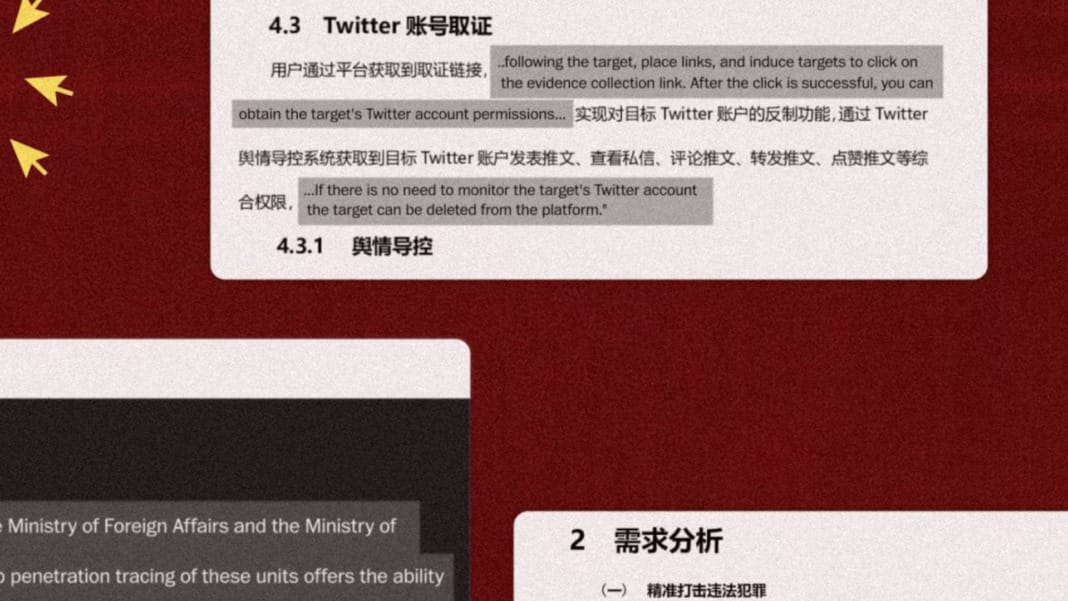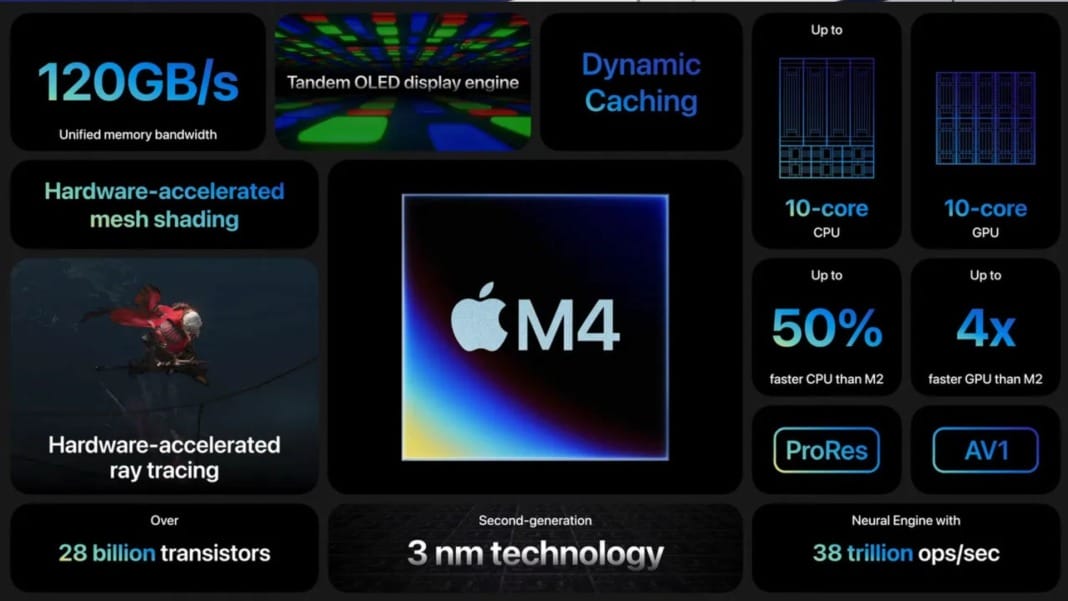Fresh revelations have emerged about the cyberattack on US telecommunications companies by a hacking group suspected to be linked to Chinese intelligence. According to a recent report by The Wall Street Journal, the hackers had far greater access to sensitive information than previously disclosed, potentially affecting thousands of Americans’ communications. The breach reportedly targeted high-profile US government officials, campaign staffers, and individuals associated with both political campaigns.
Hackers’ extensive access exposed
The hacking group, called “Salt Typhoon,” is believed to have accessed a trove of sensitive data from US telecom companies over at least eight months. These hackers allegedly infiltrated the networks of major telecom providers, including widely used companies such as AT&T and Verizon, granting them the potential ability to monitor the phone activity of a vast number of American users connected to those networks.
Initial investigations revealed that Salt Typhoon could view call logs and SMS messages. However, as new details have emerged, the breach appears far more extensive than initially thought. Salt Typhoon’s main targets included diplomats, government officials, and campaign staffers, indicating a calculated approach to infiltrate the communications of high-profile figures who might possess sensitive or classified information. Through compromised telecom infrastructure, the hackers reportedly could access data from thousands of Americans who were in contact with these targeted individuals.
Chinese intelligence suspected to be involved
According to US security officials, the sophisticated nature of the cyberattack suggests that the hackers may have been working on behalf of a Chinese intelligence agency. This raises concerns over national security and protecting sensitive information during significant national events. The FBI began investigations as early as last week when initial reports of the hack surfaced, and it has been treating the incident as a high-priority security breach.
The recent report highlights that Salt Typhoon used specialised techniques to exploit weaknesses in the routers used by telecom firms, allowing them prolonged and undetected access to US telecom infrastructure. This type of access could allow hackers to intercept sensitive data across multiple devices connected to compromised networks, revealing the widespread impact and scale of the breach.
Telecom firms remain silent on security measures
While The Wall Street Journal report shed light on the breach, telecom companies like AT&T and Verizon have declined to comment. This has sparked public concern, with many wondering how major telecom firms manage their personal data’s security and whether similar breaches could still be ongoing.
In addition to targeting high-profile political figures, this breach may have affected the personal data of ordinary citizens who were simply in contact with the main targets. This raises questions about telecom companies’ security practices and government agencies’ ability to protect critical infrastructure from foreign surveillance.
US officials are now working with telecom companies to assess the full extent of the breach and determine how to strengthen defences against similar attacks in the future. The Salt Typhoon incident reminds us of the vulnerabilities in telecommunications systems and highlights the importance of securing these critical infrastructures from sophisticated, state-sponsored cyber threats.





